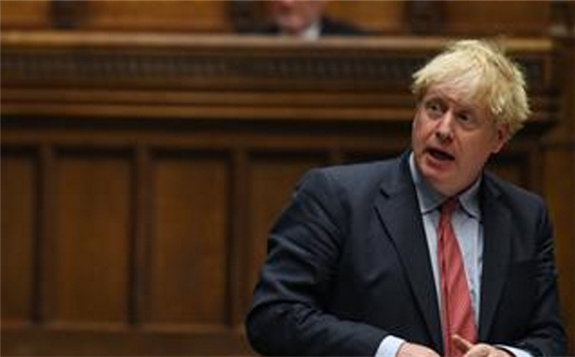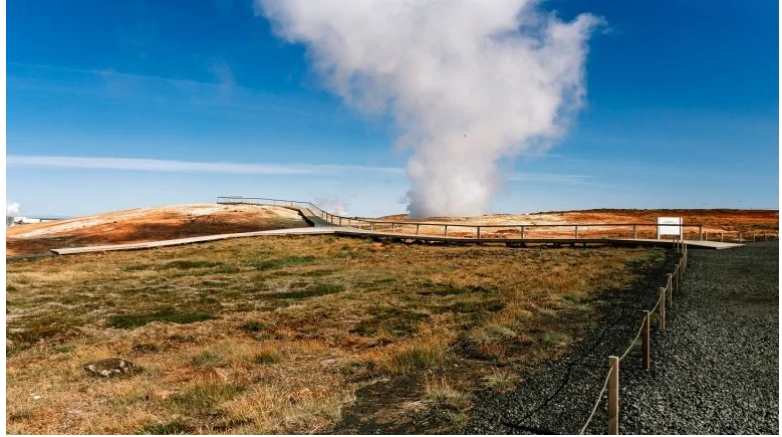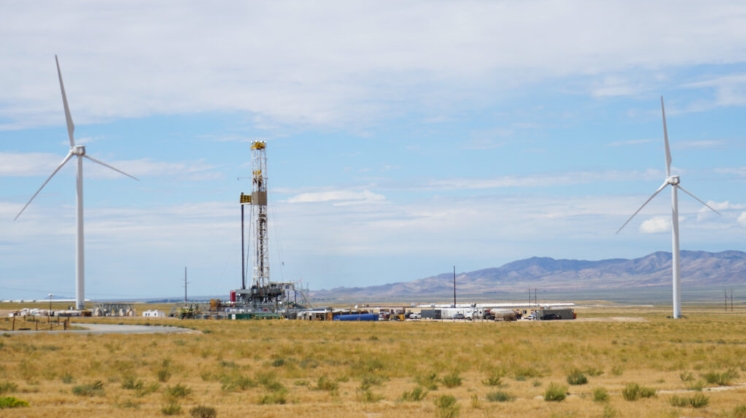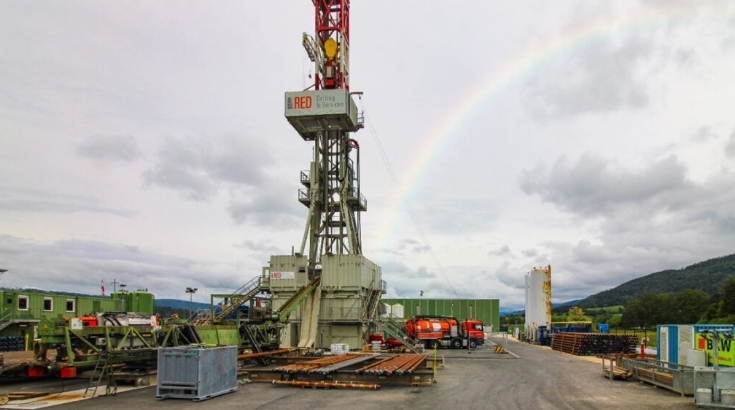UK Prime Minister Boris Johnson has repeated his support for new nuclear power. During Prime Minister's Question Time in the House of Commons yesterday, Johnson told a member of parliament representing a constituency in Cumbria, "We believe that nuclear power is a significant potential contributor to our Net Zero ambitions, and I look forward to working with my Honourable Friend to ensure that Cumbria continues its long historic tradition as a pioneer of new nuclear technologies."
 Boris Johnson during PMQs yesterday (Image: Parliament.uk)
Boris Johnson during PMQs yesterday (Image: Parliament.uk)
Prime Minister's Question Time, also referred to as PMQs, takes place at midday every Wednesday when the Commons is sitting. Johnson expressed his "passionate" support for nuclear power during his first PMQs as UK prime minister in July 2019.
During PMQs yesterday, Carlisle MP John Stevenson asked him, "The government wants green energy. The government wants to have security of energy supply. The government wants to boost economic development in the regions. The government wants to encourage apprenticeships and youth employment. The government wants to increase innovation investment and to have a dynamic supply chain. This is all on offer in Cumbria. Will the Prime Minister support, with government financial backing, the building of nuclear power generation facilities in Cumbria?"
In June, a group of companies, trade unions and individuals launched an initiative to develop a Clean Energy Hub centred on a package of nuclear projects at Moorside in Cumbria, which is a county in north-west England. The proposal is based on projects including a new 3.2 GW UK EPR plant, as well as small modular reactors and advanced modular reactors, with links to technologies including renewables and hydrogen production.
The same month, the UK’s Nuclear Industry Association (NIA) released Forty by ’50: A Nuclear Roadmap, an assessment produced for the government and industry body, the Nuclear Industry Council. The report says that, in addition to helping meet long-term goals, prompt decisions on a new nuclear power programme could "unlock mega-projects" delivering immediate benefits to help tackle the impact of COVID-19.
EDF Energy and China General Nuclear's project to build Hinkley Point C in Somerset has created more than 10,000 jobs, with around 25,000 roles expected by the end of construction. Their planned Sizewell C project in Suffolk could create up to 3000 new roles over the next few years and their Bradwell B twin HPR1000 reactor project in Essex would create "tens of thousands of jobs and deliver billions of pounds of investment in the local and regional economies", according to the NIA.
This month, a group of 32 companies and organisations from the UK nuclear supply chain announced they had formed a consortium to encourage the government to support a state-guaranteed financing model for Sizewell C.
The government is considering a regulated asset based (RAB) model for Sizewell C that EDF Energy says would reduce the cost of new nuclear power plant projects by having consumers pay upfront through their energy bills. The government said last year that the RAB model had the potential to reduce the cost of raising private finance for new nuclear projects. EDF Energy has said the Sizewell C project will aim to be majority owned by UK investors.







